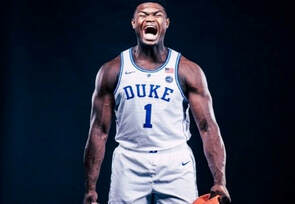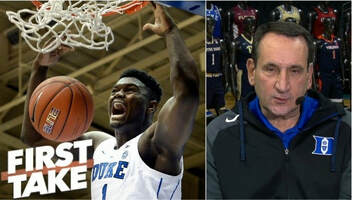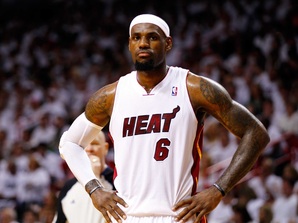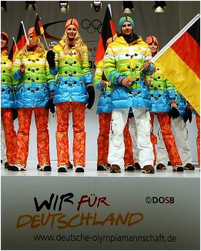As a teenager of the 1990s one of my favourite programmes on television was British comedy Men Behaving Badly. The sitcom followed the lives of two main charters (Gary and Tony) and their attempts to prolong their youth whilst sharing a flat together in London. The show was often highlighted for its political incorrectness and one has to wonder what reaction it might receive if it were aired today for the first time.
As a consequence, I was immediately drawn to a recent paper in the Journal of Sports Economics entitled "Universities Behaving Badly: The Impact of Athletic Malfeasance on Student Quality and Enrollment". The paper explore the relationship between the behaviour of university teams during competitions run by the National Collegiate Athletic Association in men’s basketball and subsequent student enrolment.
For example, it has long been viewed the superior performance in football or basketball at national level could attract more students to one of the 1,268 North American institutions and conferences under NCAA regulation. This paper finds that negative media attention also has an impact - such behaviour "could serve as a signal to prospective students regarding the quality of the institution". In other words, if the behaviour of sports teams does not meet the standards of the institution which they represent, how can we know the quality of teaching doesn't suffer from the same problem?
The paper goes onto say that following the introduction of a ban, as a result of impropriety, student enrolment suffers. However, this is likely short-lived and "rebounds" (no pun intended) once the ban is lifted. There may be a long term reduction in student quality.
Those representing university teams therefore need to remember exact what they are playing for. The privilege to play is more than the opportunity to win. But also to promote one's university to prospective students and past alumni.




 RSS Feed
RSS Feed